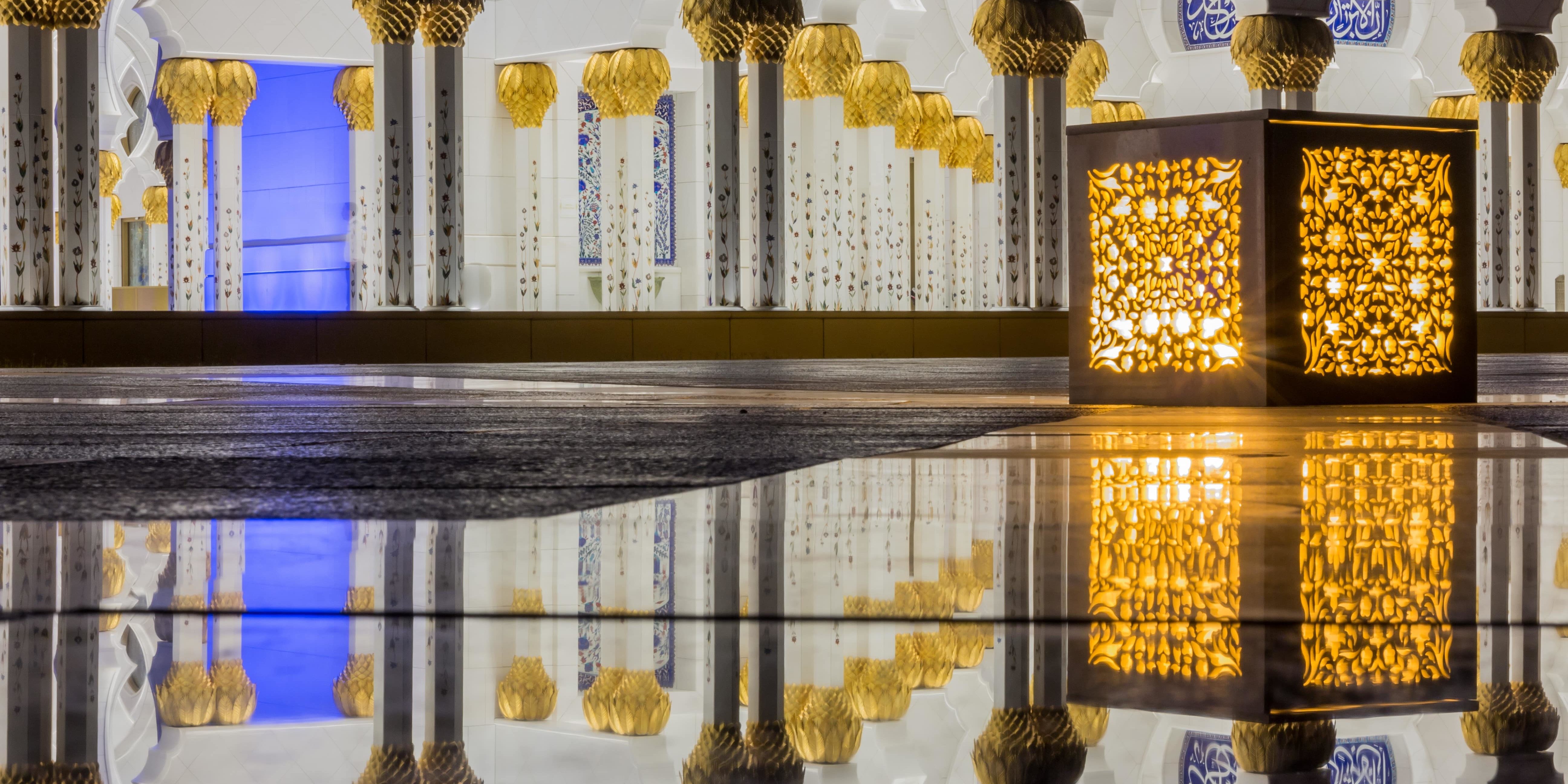Ramadan marks the holy month in the Islamic calendar when Muslims observe fasting from sunrise to sunset. It is a period during which Muslims are expected to strive to a higher level of spirituality and where kindness, forgiveness and charity are actively promoted.
It can be an especially challenging month for students who will have to go through the normal school day without eating or drinking. Therefore, it is vital that schools and parents provide a supportive environment during this time. In this blog, Sara Boomsma of Gabbitas Middle East shares some more information around the importance of Ramadan, how we can help students who are fasting and how you and your family can help celebrate.
Who fasts and why?
Not everyone is expected to fast and there are some exemptions such as pregnant women or those who are travelling. Fasting is neither obligatory for children, until they reach “of age”. The exact age of this forms some scholarly debate, but it is usually suggested when a child reaches adolescence (around 13) but some as young as 9 will begin with “half-day” fasts.
Ramadan is one of the five pillars of Islam and marks the period in which the Holy Quran was revealed to the Prophet Mohammed. It is a time for Muslims to draw closer to Allah and be reminded that there are people less fortunate than they are. Therefore, Muslims fast to understand the suffering of those less fortunate than them and to be reminded to not be wasteful of Allah’s blessings.
What happens to the school day?
Mohammed Darwish, CEO of Permits and Compliance at KHDA announced this week that the school day in Dubai during Ramadan will start between 8am and 8.30am and finish between 1pm and 1.30pm with shorter breaks as required. Schools in Dubai should ensure that the school day per student does not exceed 5 hours.
Schools start a bit later in the morning to accommodate students getting up at Suhur (pre-dawn meal) and finish earlier to allows Muslim students to rest, recuperate and visit with family before Iftar, the breaking of the fast.
International schools in Dubai and across the Middle East will have separate eating and drinking areas for non- Muslims to be respectful of those fasting. Schools will grant exemptions from PE and other physical activities during this time to students who are fasting.
Ramadan for non-Muslims
If you are a non-Muslim in a Muslim country you should also not eat, drink or smoke in public places either, this includes in your car. Make sure you and your family dress conservatively during this period and avoid playing loud music.
Make sure you take the opportunity to join in with Ramadan greetings such as ‘Ramadan Mubarak’ or ‘Ramadan Kareem’. Do attend any Iftar meals you might be invited to where fast is broken and get involved in other local celebrations or community events. Ramadan is a great opportunity to get involved with charities through either the Ramadan fridges around the city or donating any old clothes and household goods.
Enhancing your child’s Ramadan experience
The month of Ramadan is all about giving, positivity and learning more about Islam. The best way to teach your child about it is to set the tone and get into the spirit yourself! It is a great opportunity to talk to them about kindness and charity by getting involved in local events.
Sophie Oakes, Gabbitas Education Adviser often gets involved in these initiatives with her young sons, she shares this advice:
“There are lots of opportunities for children to experience helping others during this holy month. Packing up boxes of food for those less fortunate than oneself is a great way of showing children a hands on approach to helping others. It is quite labour intensive but also appropriate for all ages to help. These initiatives can be found on local community facebook groups.”
Studying and sitting exams in Ramadan
Preparing for any exam is tough, let alone when you’re fasting. If your child is fasting and studying for exams make sure you get the environment right. They will need a space that is comfortable, quiet and cool to revise in. You also need to be flexible, allow your child to pick and choose if morning or afternoon for study suits them better. Fasting will naturally make them tired at first so be sensitive to this and build breaks into their revision plans.
When does it end?
Ramadan concludes with the first sighting of the new moon when we celebrate Eid Al Fitr and the breaking of the fast. This is great time when families come together and celebrate the end of Ramadan.
Ramadan Kareem to all celebrating from all at the Gabbitas Middle East office!


